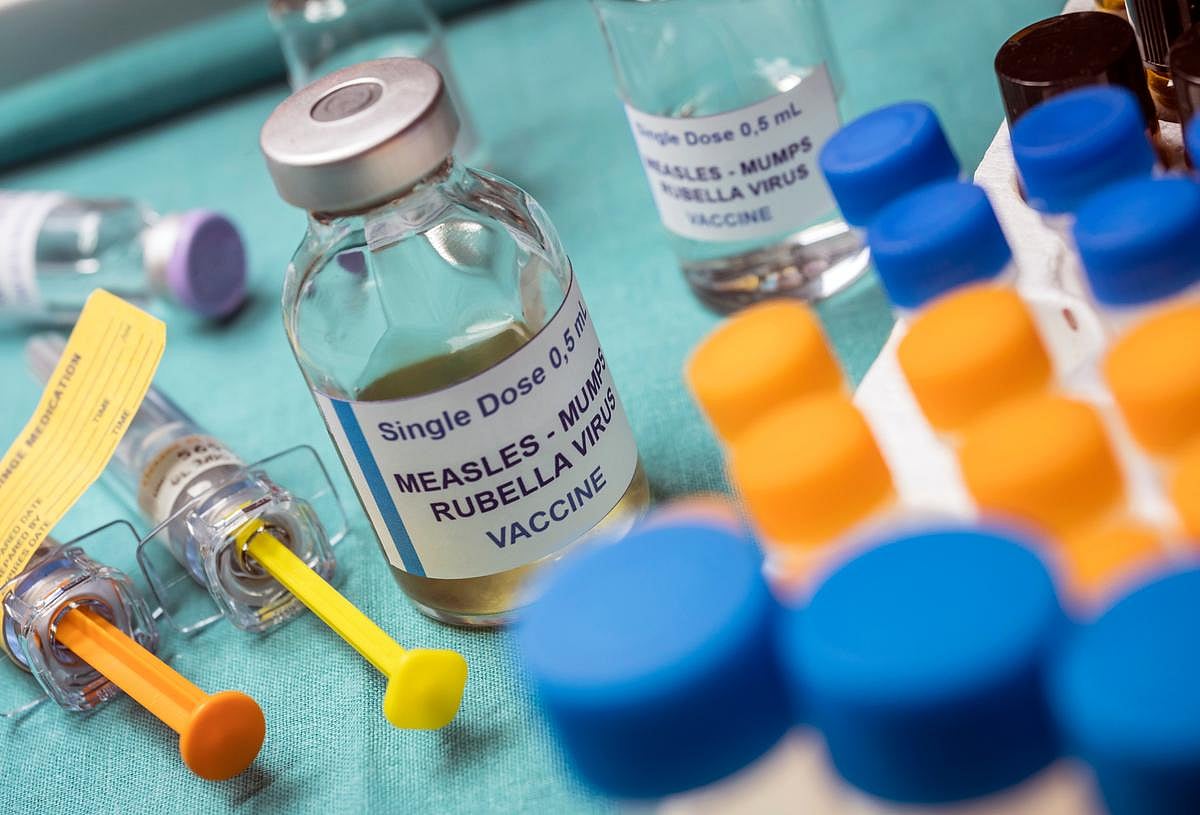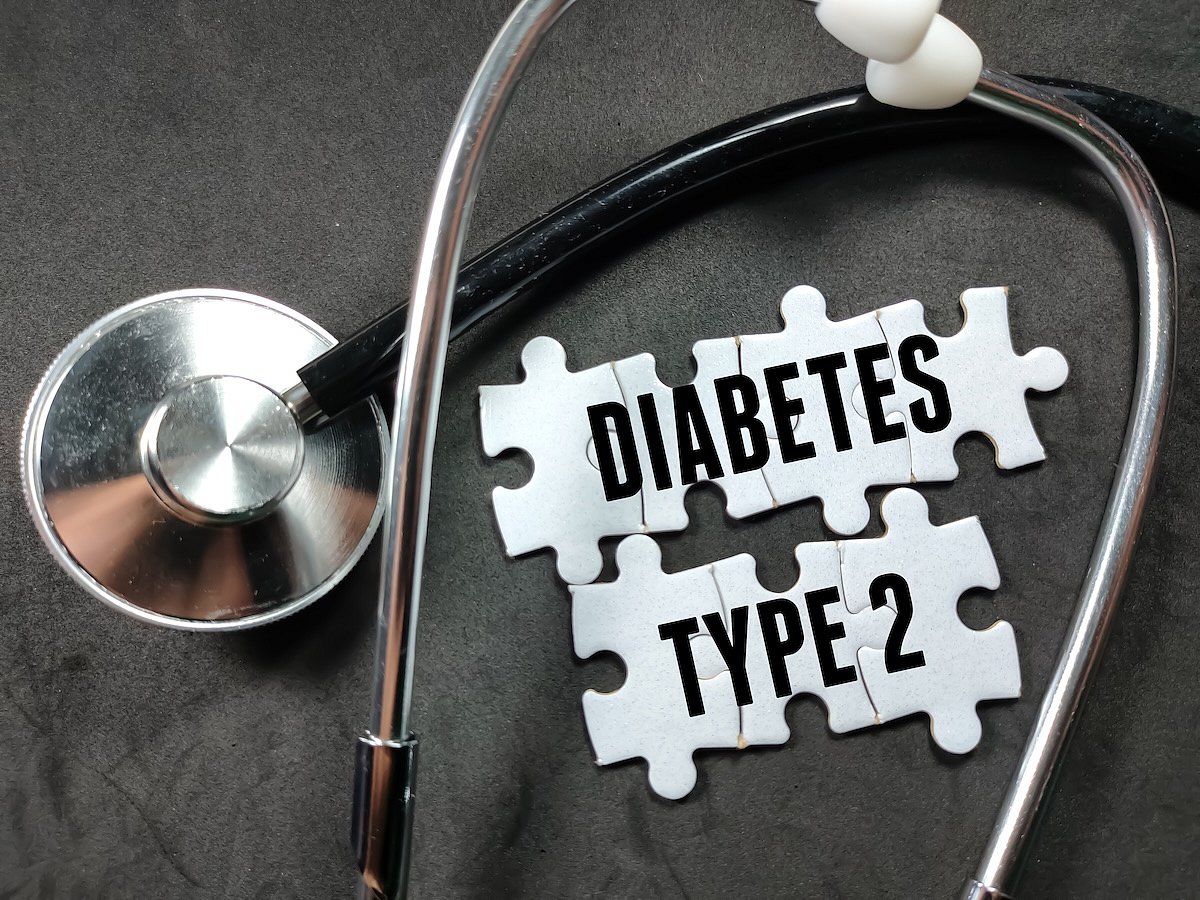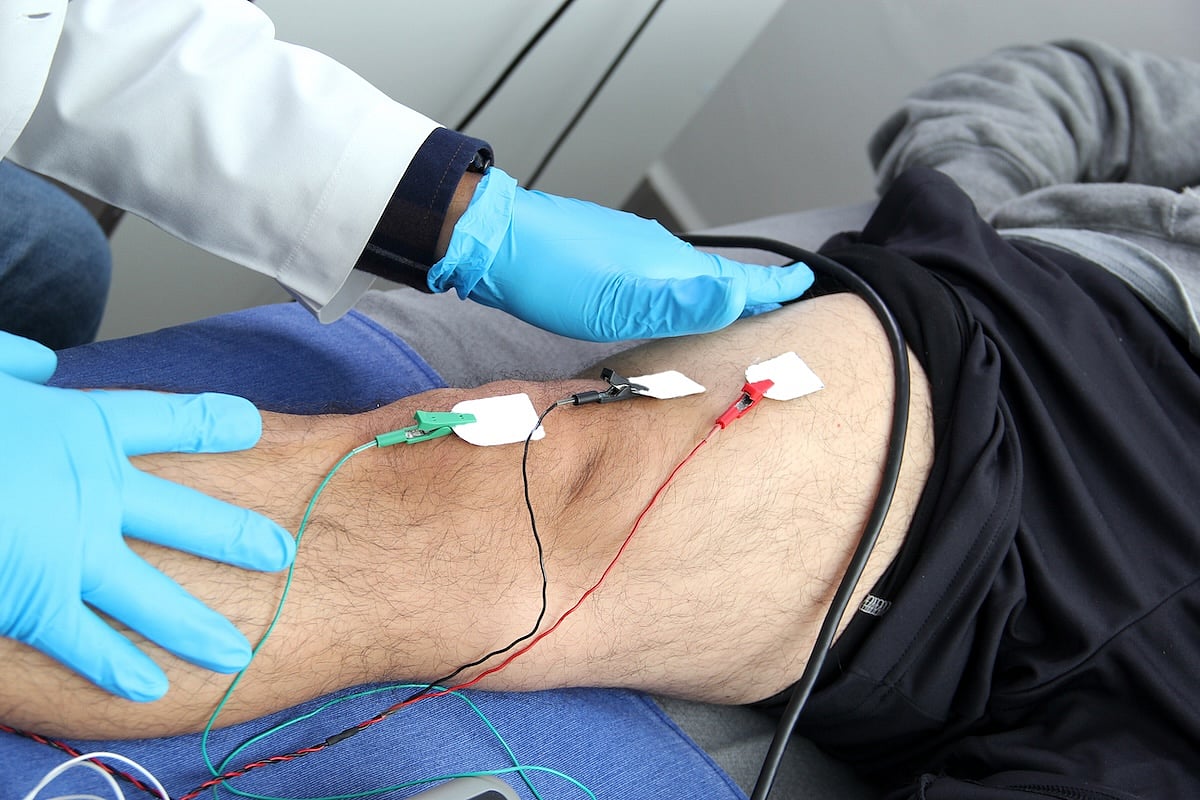
“Heading” the ball might affect amateur soccer players’ brain health, a new study says. Players who used their heads to pass or deflect a soccer ball were more likely to develop changes within the folds of their brains, researchers reported Sept. 17 in the journal Neurology. These folds are in the wrinkly outer area of… read on > read on >


















